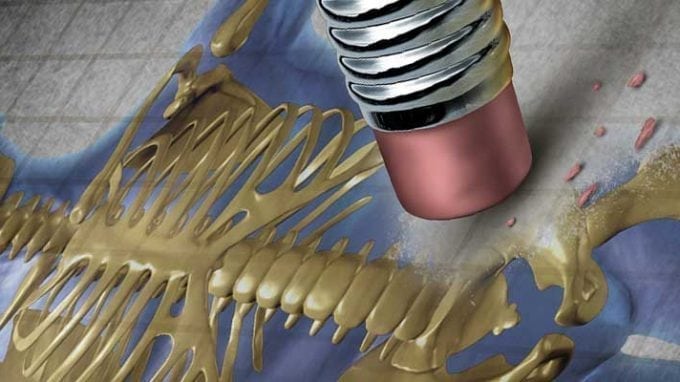Men with low sperm counts are at a higher risk of developing metabolic disorders including osteoporosis later in life.
This is the conclusion of a Swedish research team that announced their findings at the European Association of Urology convention in Munich in March 2016. The study was published in the journal Clinical Endocrinology.
This study provides an important new early-warning tool for potentially life-threatening diseases and can help improve the way urologists and fertility doctors deal with male infertility. Almost 15 percent of couples have fertility problems, and male infertility accounts for at least one-third of these cases.
Link Between Low Testosterone and Metabolic Diseases
The Swedish team tested 192 infertile men against a control group of 199 normally fertile men. They discovered that one-third of the infertile test group, all under 50, suffered from hypogonadism, or low testosterone. Hypogonadism and infertility have often been linked in the past. However, these men also had low bone mineral density. This meant that their bones were more fragile than normal.
Over the years, all men produce less testosterone and lose bone mass as their body’s ability to renew itself weakens with age. Men like these in the study, who started with low testosterone and fragile bones, are therefore at a higher risk of developing severe complications because they are less able to cope with these losses.
The same group of men also showed insulin resistance and high blood sugar, which means they are also at risk of developing diabetes when older. This research suggests a link between hypogonadism, infertility and metabolic disease.
Past studies have shown that infertile men tend to live shorter lives. However, doctors have not understood the mechanism linking infertility and low life expectancy. This research reveals one possible reason since metabolic diseases lower both the quality and length of life. Lower bone mass can lead to more frequent fractures, loss of mobility, back pain and attendant complications.
Hormone Testing Can Provide Early Warning of Osteoporosis
The study’s senior author, Dr. Alexander Giwercman of Skane University Hospital in Malmo, Sweden, suggested that his group’s findings mean that men receiving infertility treatment should also be tested for hypogonadism. This would enable them to be aware if they are at risk for developing potentially dangerous metabolic diseases later in life and be able to prepare for them.
While there is no cure for these diseases, a patient who knows he is at risk can act to reduce that risk through lifestyle changes. A better diet, weight loss and exercise can all help protect against developing metabolic diseases. Drugs can also help slow the body’s loss of bone mass and reduce blood sugar.
Testosterone Supplements Not a Solution
However, Dr. Giwercman warned against testosterone supplements for infertile men. He says that additional testosterone can further reduce sperm production, and there is no proof that testosterone treatments have any long-term effect on bone minerals or other metabolic factors.
Dr. Giwercman and his colleagues hope to be able to continue studying the men in order to see how their conditions develop over the years.




